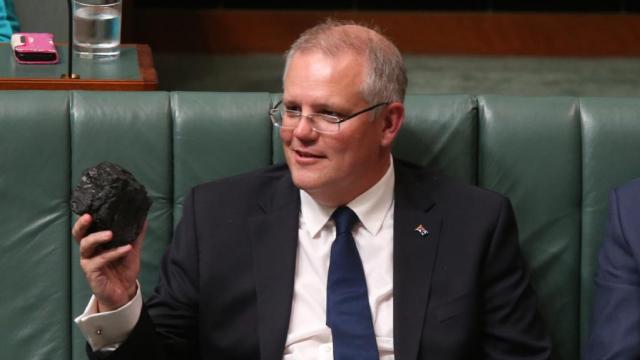Chicago1
22 Years on BigFooty!
- Apr 19, 2001
- 27,318
- 31,568
- AFL Club
- Western Bulldogs
- Other Teams
- Chicago Cubs
I dunno. I think I'd rather spend one hour in the heat in Melbourne rather than one more hour living in Perth. One year was enough for me.Only the povo parts of Australia mainly Victoria








